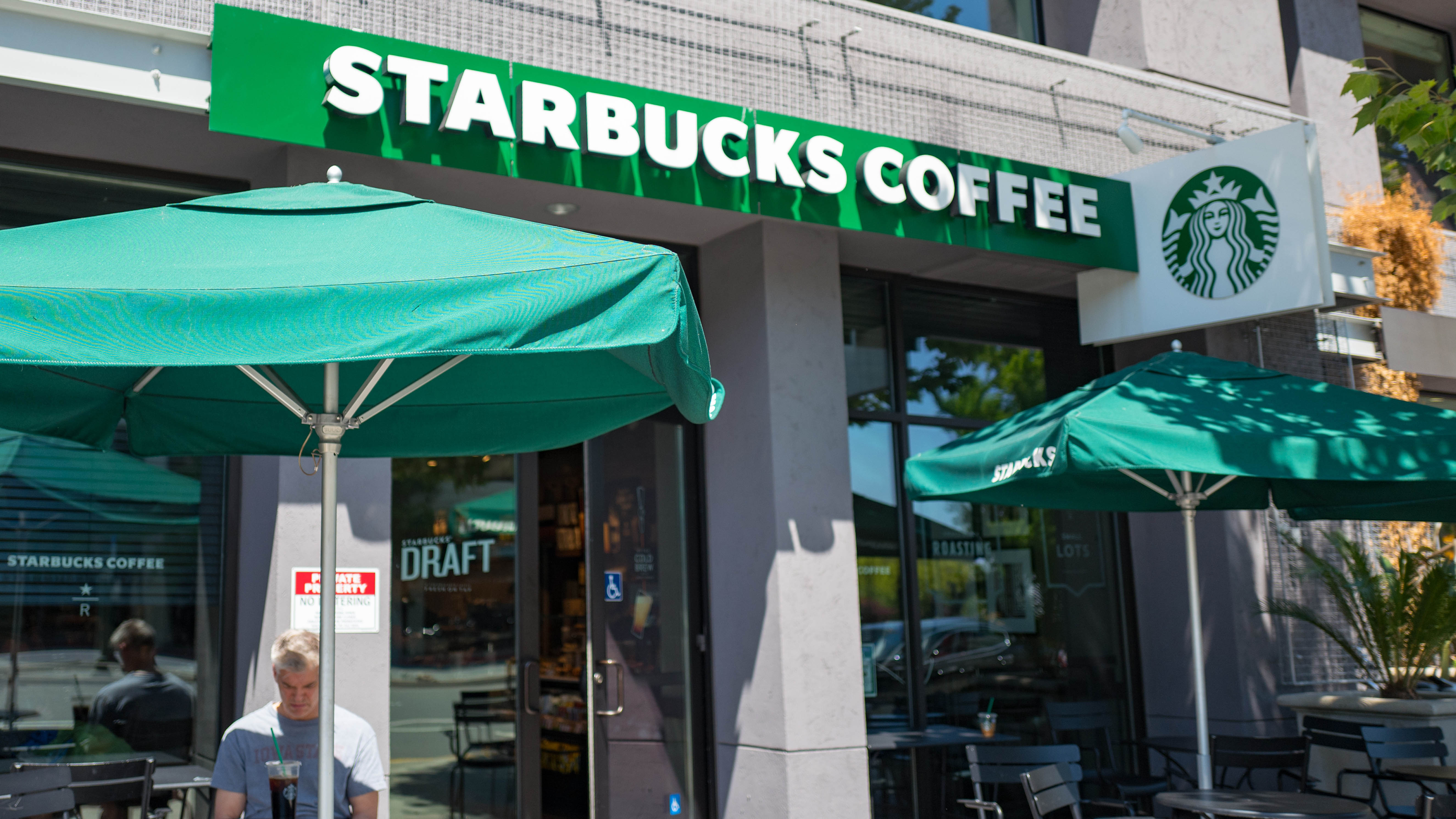Gov. Jerry Brown and fellow Democratic state lawmakers head into the final week of negotiations over the state budget having agreed to a rainy day fund and pay down massive liabilities in the teachers' pension system.
But lawmakers have their own plans for what to do with California's newfound surplus.
While Brown has refused to agree to new spending, arguing that the bulk of $2.4 billion in extra tax revenue is temporary due to recent stock market gains, Democratic lawmakers are pushing to restore recession-era social service cuts and proposing new programs such as preschool for low-income families.
Lawmakers are also using the governor's proposal to use cap-and-trade money to fund high-speed rail as a bargaining tool.
"There's billions of dollars floating around in the Capitol, and we have to rein that all in," Brown said Tuesday after advancing from the primary election to seek an unprecedented fourth term in November. "I'll work closely with the Legislature."
Brown and legislative leaders hope to reach a deal in time for the June 15 constitutional deadline to pass a balanced spending plan.
The governor proposed a record $107.8 billion in spending from the general fund for the fiscal year starting July 1. Democrats who control both the Senate and Assembly used a different forecast that predicts the state will collect billions more over the next 12 months.
U.S. & World
News from around the country and around the globe
They want to use the extra cash to restore services for the poor that were cut in during California's multibillion-dollar budget shortfalls.
Assemblywoman Nancy Skinner, D-Berkeley, chairwoman of the joint legislative budget committee, said this is one of the first years since the downturn in which the state has discretionary money to spend on education, health care and services for the poor.
"We know that Californians are yearning for that," Skinner said.
Under Democratic legislative proposals, the state would rescind a 7 percent cut in the hours of in-home care available to low-income seniors and the disabled, and In-Home Supportive Service workers would be entitled to overtime.
Senate Democrats proposed restoring Medi-Cal services such as podiatry and optometry, while Assembly Democrats proposed increases in welfare that would raise the maximum payment for a family of three from $670 a month to $717 a month.
Senate President Pro Tem Darrell Steinberg, D-Sacramento, is also proposing to spend $378 million in 2014-15 to provide preschool programs for children in low-income families, far less than he initially proposed. His revised SB837 would offer pre-kindergarten to more than 234,000 children, nearly half of all 4-year-olds in California.
Legislative Democrats are also proposing less than Brown for California's bullet train.
Brown wanted to use $250 million from fees generated from the state's cap-and-trade program but Senate Democrats are proposing less and spending most of the pollution fees for affordable housing, public transit and energy conservation efforts.
Assembly Democrats want high-speed rail to compete against other transportation projects for funding.
The governor maintains that the state should focus on paying down debt and reducing long-term liabilities. Republicans share his concern. They say the state shouldn't spend more when additional money is coming from temporary taxes.
Voters in 2012 passed Proposition 30, which increased the state sales tax for four years and taxes on high-income earners for seven years.
"We certainly compliment the governor for a fiscally prudent budget that takes into account the need not to profligate spending that gets us into the problems that we've suffered for so many years," said Sen. Jim Nielsen, R-Gerber.
Last month the Legislature passed a new version of a rainy day fund measure for the November ballot. The bipartisan plan seeks to smooth out California's boom-and-bust cycles by setting aside up to 10 percent of the general fund revenue and dedicating money to paying down debts.
If voters approve, California would join 12 other states, including Alaska, Arizona, Hawaii, Idaho, Indiana, Louisiana, Massachusetts, Michigan, Tennessee, Texas, Virginia, and Washington that tie rainy day funds to economic performance, according to an analysis by The Pew Charitable Trusts.
Democrats said their differences with the governor are relatively small.
"We are completely in agreement in paying down debt and putting money away for a reserve," said Sen. Mark Leno, D-San Francisco.



